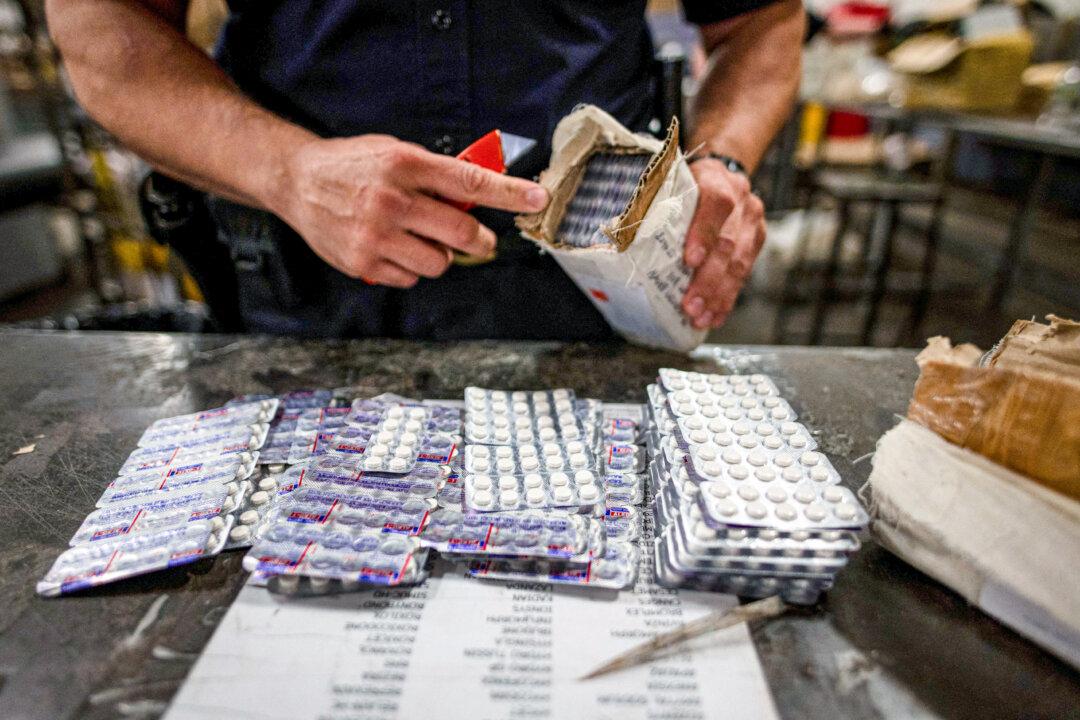President Joe Biden signed a proclamation in August commemorating Overdose Awareness Week, a solemn moment for a nation that has witnessed more than half a million deaths from drug overdose in the past decade.
The president hailed his administration’s “re-launch of counternarcotics cooperation” with communist China as a vital tool in combating the flow of fentanyl and other synthetic opioids into the United States.




